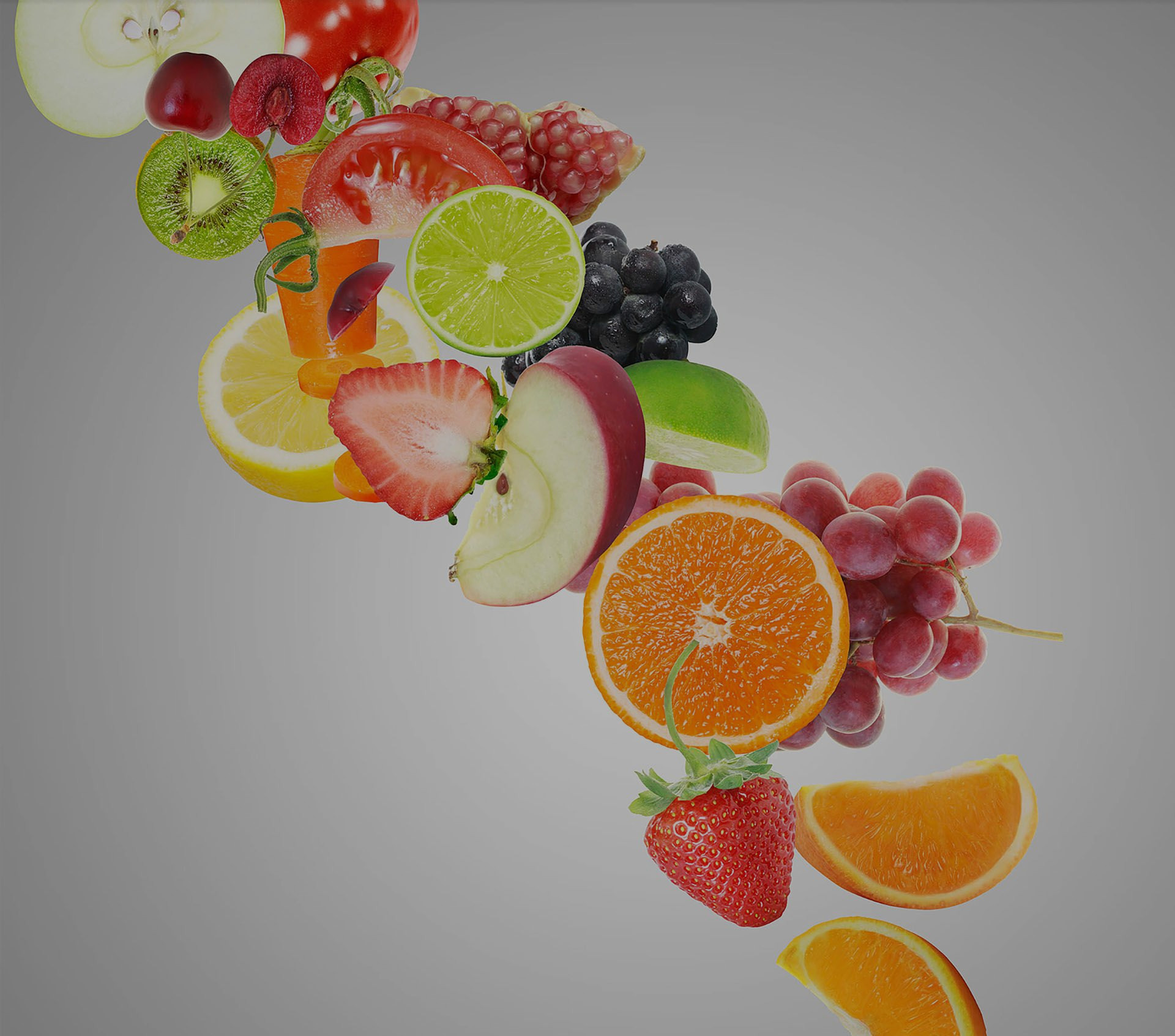

Increased cholesterol level seriously damages health and is one of the triggers of cardiovascular diseases. Badly balanced food is the main cause of the increase of bad cholesterol. Not eating enough fruit and vegetables and too much food of animal origin, which contains a high concentration of saturated fats, eventually leads to a disruption in the body. Prevention and proper balanced diet is one of the leading factors to fight and deter cholesterol. First of all, you should avoid the yolk (more than 2 per day) fatty meats, poultry skin, and full-fat dairy products. Natural and meat products such as pâté, sausages, hot dogs, all organ meats, caviar, butter, mayonnaise ... Intaking the so-called trans fats, which are mostly found in margarine, even in those who are diet, particularly dangerous, is also located in a number of confectionery industry, especially in biscuits.
Helicobacter is one of the most common causes of diseases of the digestive system, and it is estimated that this microorganism infected half of humanity. Helicobactery pylori infection attacks the lining of the stomach, because her previous acidic environment in which the only thing that survives. It is estimated that these microorganisms infected half of humanity, but the symptoms do not develop at all (which depends on the immunological properties of the organism) and so imperceptibly can stay in the body for decades and even a lifetime. The diet should consist in intaking short cooked fruits and vegetables, soup food to which you add a tablespoon of flax, fresh foods should not be completely excluded because they are a source of antioxidants. Spicy, oily and spicy foods should be avoided, as well as alcohol and carbonated soft drinks and water.
There is no safe evidence that certain food have any effect on the growth rate of an existing tumor or lead to the formation of tumor cells in the body. However, diet and nutritional status of cancer patients, are important for the course of the disease, since it can not fix the general condition, the strength and confidence of patients and the quality of life. In addition, about 50% of patients with malignant diseases (depending on the type of tumor) appear various problems regarding diet, either as a direct result of the growth of tumors or as side effects of treatment. In addition to problems in the diet which leads to the disease itself, are possible secondary nutritional problems that arise due to the specific nature and localization of the tumor, as well as therapy. An additional problem is to reduce the resistance of the organism, which favors the development of infections, especially opportunistic. The basic diet for patients with malignant diseases should be energetic and biologically appropriate and easily digestible. The energy value of a child is determined individually and depends on the mobility of patients, the appetite and the like. The diet should be made in the entry of fresh foods and fresh squeezed juices. Vegetables and fruits during the thermal preparation should be just a little boiled / grilled. It is recommended to reduce consumption of meat, while fish usage (an excellent source of omega-3 fatty acid) is very recommendable.
Diarrhea syndrome is defined as the change of consistency (liquid or slurry), volume (more than 200-300 grams / day) feces due to increase in the volume of water in it. Proper nutrition is essential to relieve diarrhea. Intake of food that does not contain a large amount of insoluble fiber is recommendable because these substances are too stimulative for the intestines and thus increase the diarrhea.
It is manifested by nervousness, loss of BW with a good appetite, palpitations and irregular heartbeat, sweating, hair loss. Furthermore protruding eyeballs, shiny eyes, look stiff, hot sweaty palms, warm skin, moist and velvety indicate a problem with the thyroid gland. Food that has a beneficial effect in patients with hyperthyroidism are whole grains, cabbage, Brussels sprouts, cauliflower, radishes, spinach, beans, a significant intake of vitamin C and omega-3-fatty acids.
It is characterized by fatigue, malaise, feeling cold, usually body weight gain, swelling, constipation. In patients with hypothyroidism it is advised to intake of blue fish such as tuna, mackerel, herring, salmon that are rich in selenium and omega-3 fatty acids, seafood and shellfish. It is also recommended higher intake of grains, brown rice is rich in selenium, nuts, sunflower seeds, citrus fruits, bananas, strawberries, plums and vegetables in particular stresses the importance of carrots and peppers.